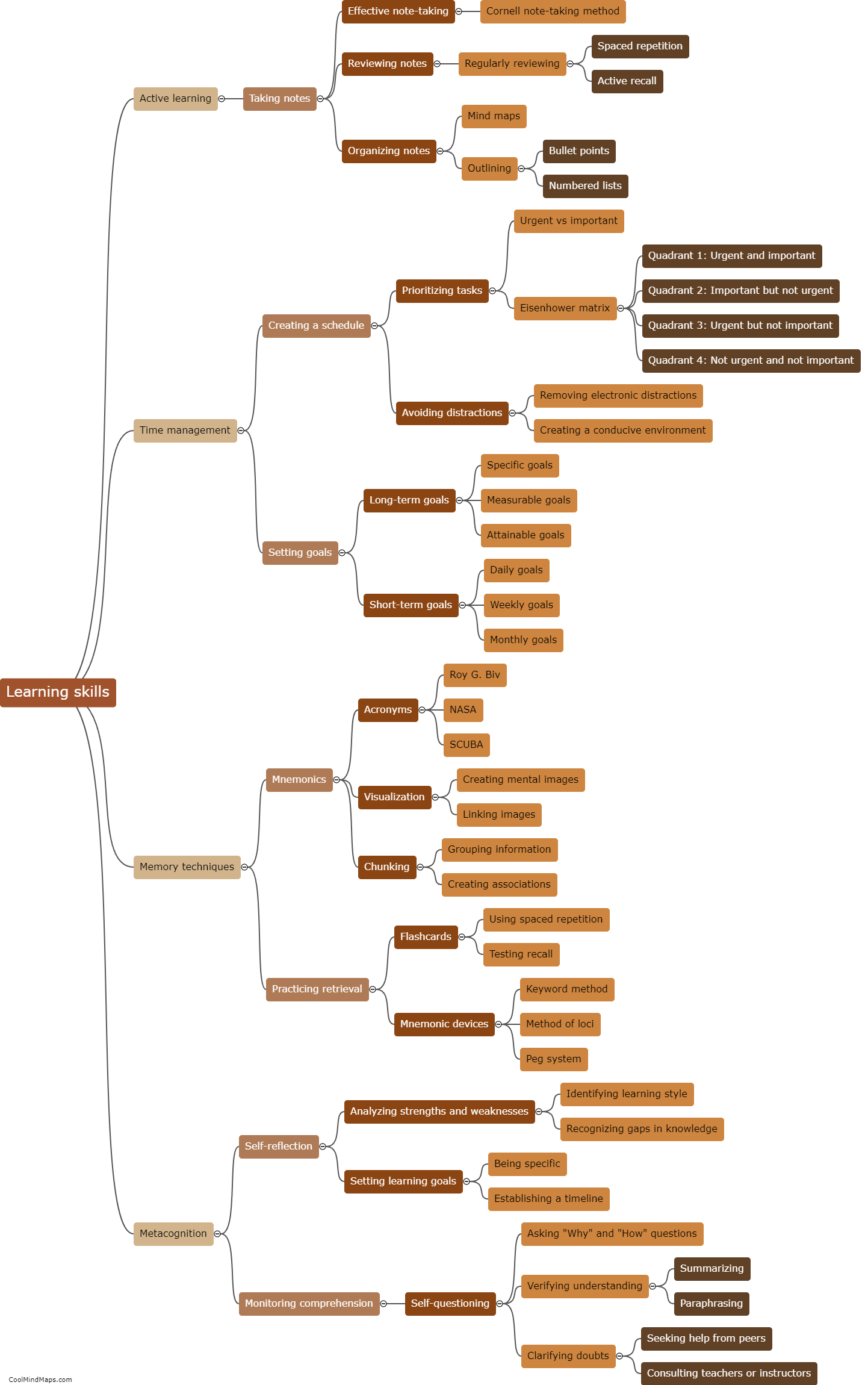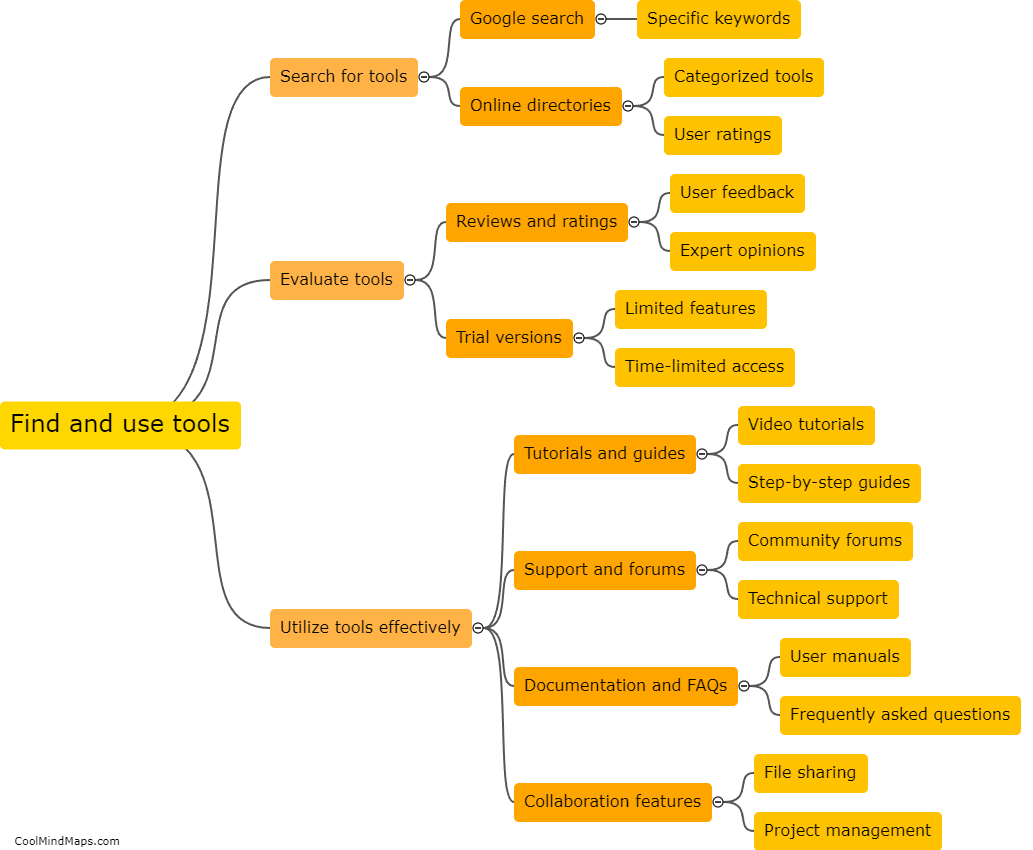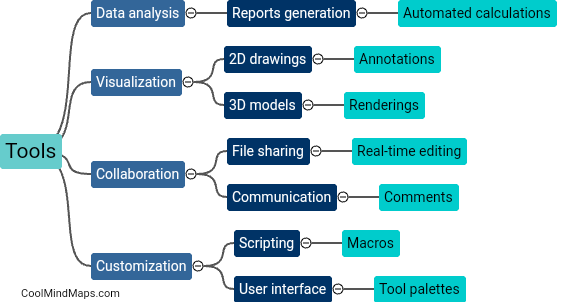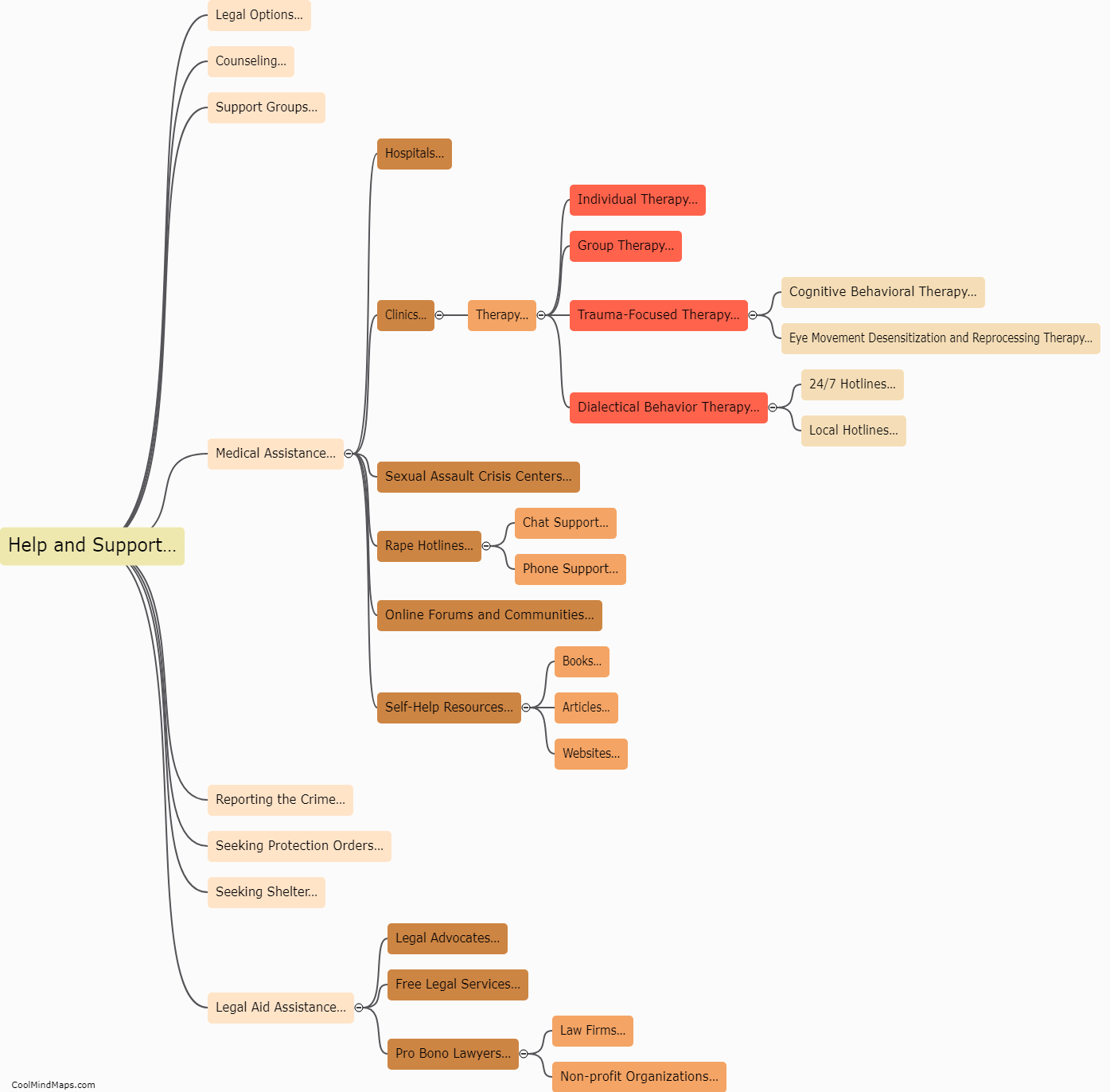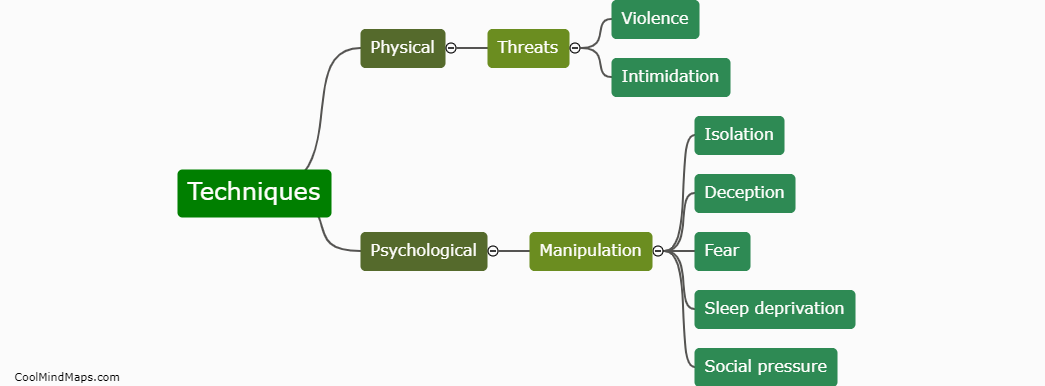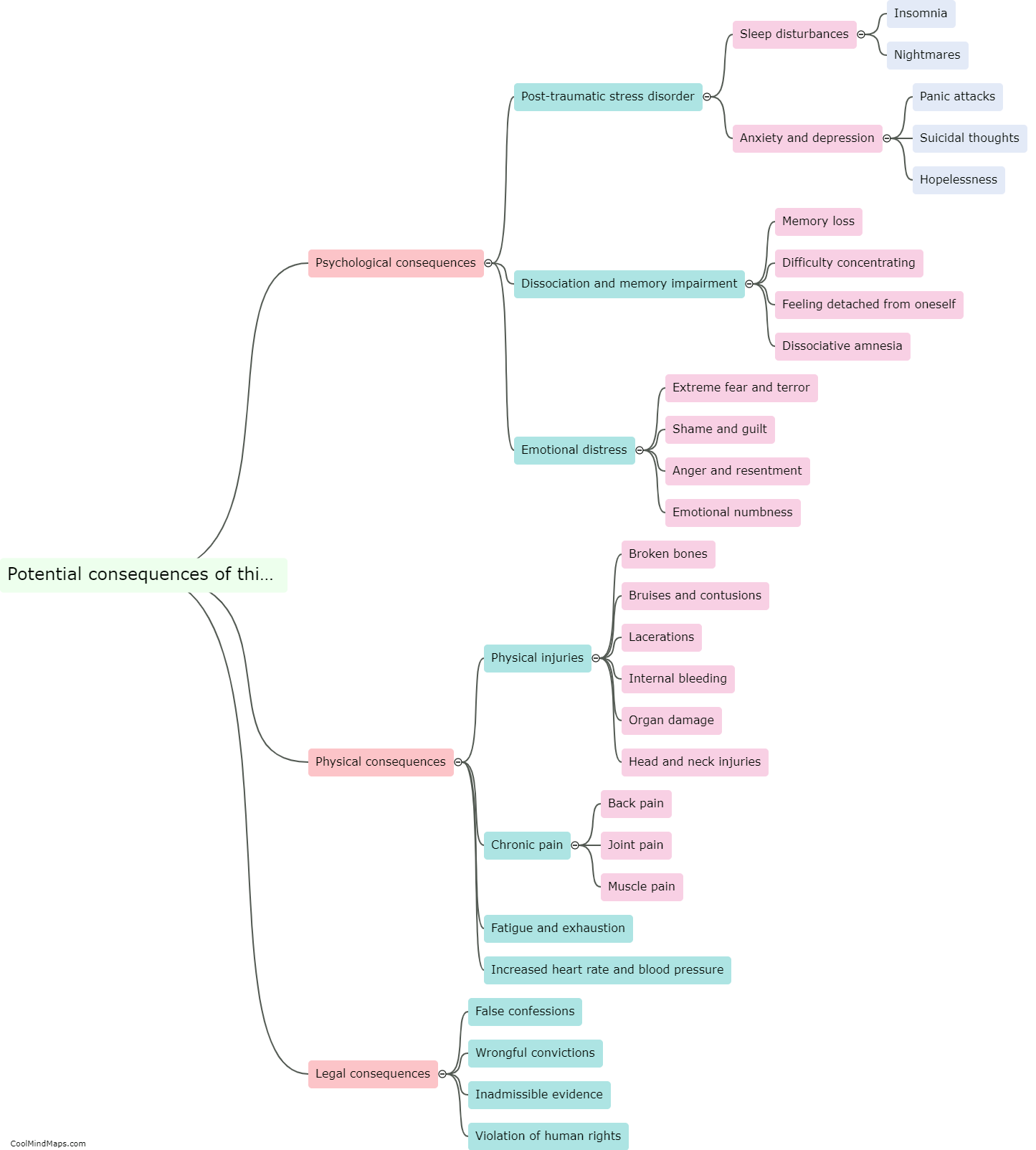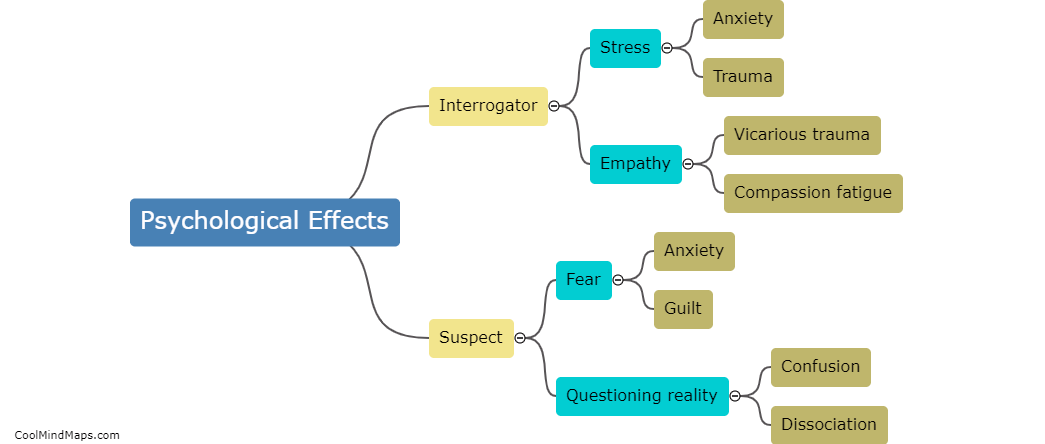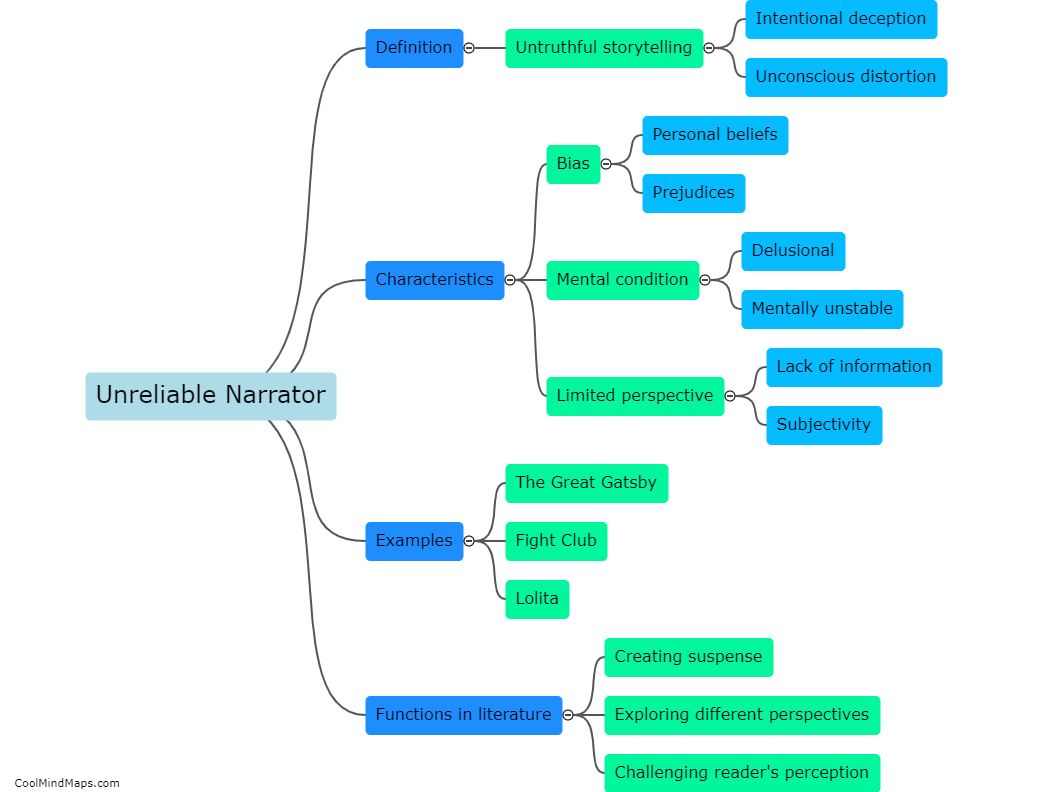What are alternative methods to third degree interrogation?
Alternative methods to third degree interrogation, also known as enhanced interrogation techniques, focus on obtaining information without resorting to physical, psychological, or emotional abuse. These methods prioritize ethics, human rights, and effective communication strategies. One approach is known as rapport-building, where interrogators establish a positive and cooperative relationship with the subject to gain their trust and encourage voluntary disclosure of information. Another method is cognitive interviewing, which involves employing non-confrontational techniques to enhance memory recall, such as minimizing distractions, using open-ended questions, and employing visualization exercises. Additionally, employing trained psychologists or negotiators can help create a non-threatening environment to increase the likelihood of obtaining accurate and reliable information. These alternative methods aim to strike a balance between intelligence gathering and upholding the principles of human dignity and respect.
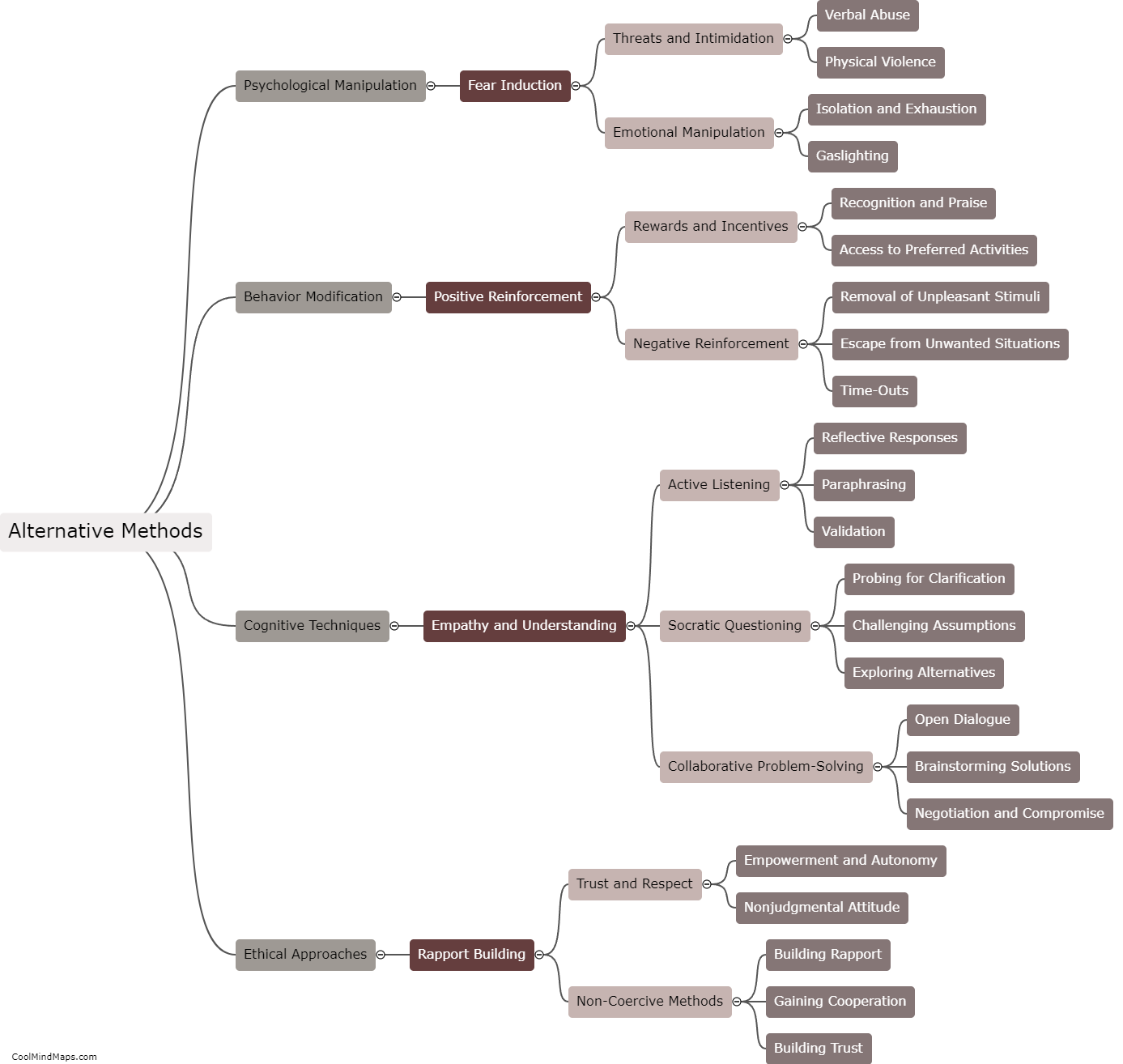
This mind map was published on 20 December 2023 and has been viewed 77 times.
